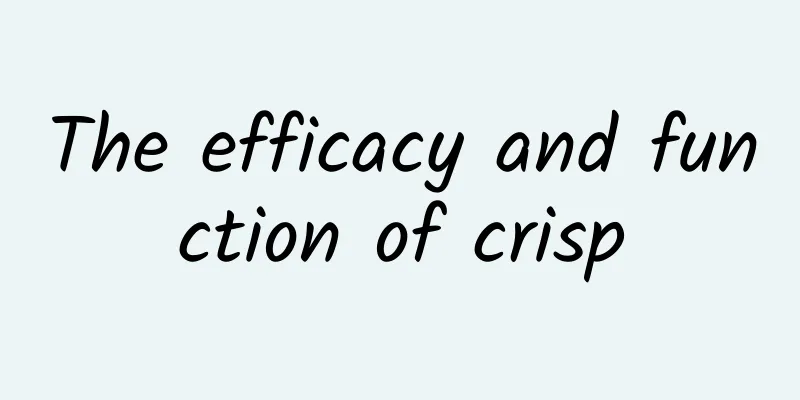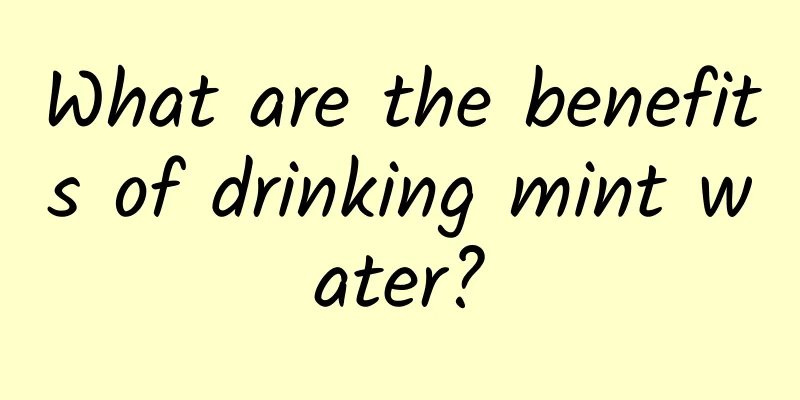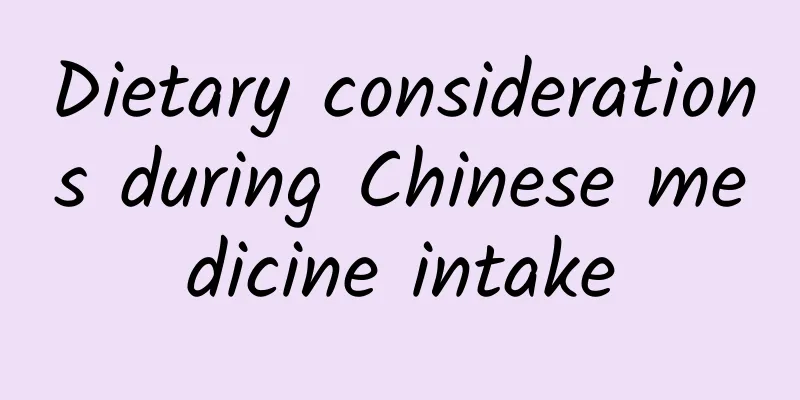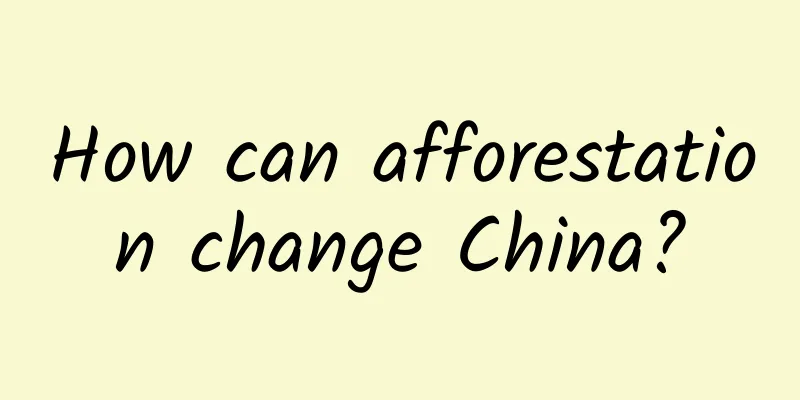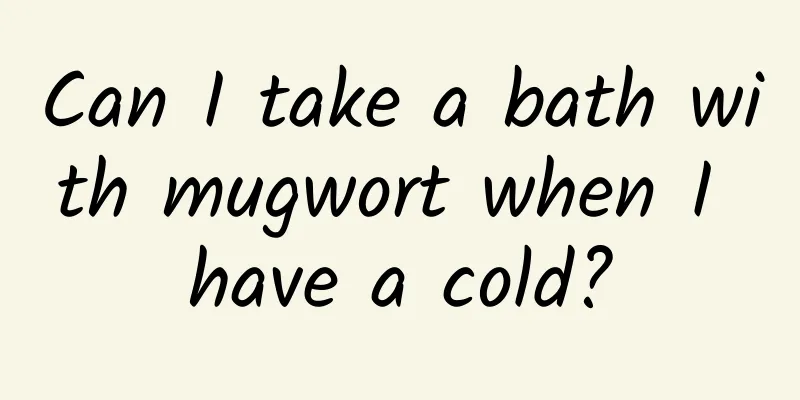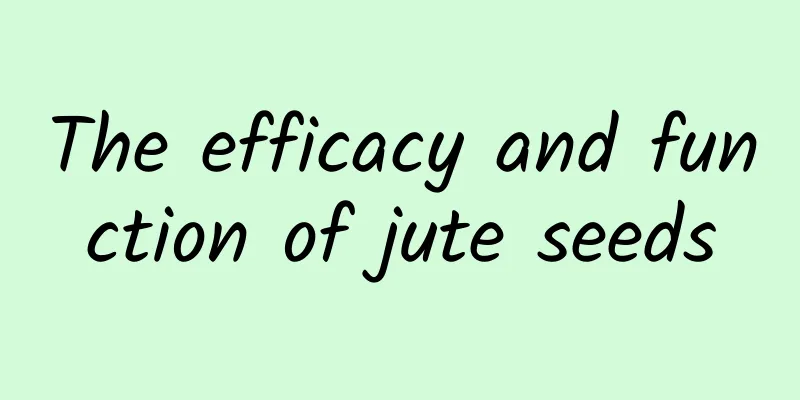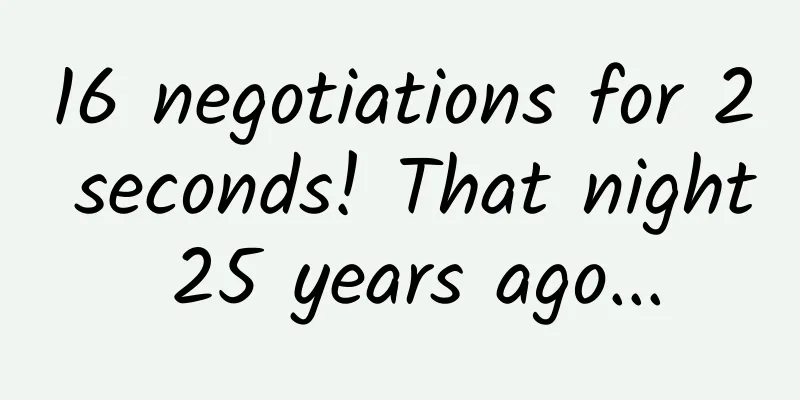What should not be eaten when taking tonic Chinese medicine
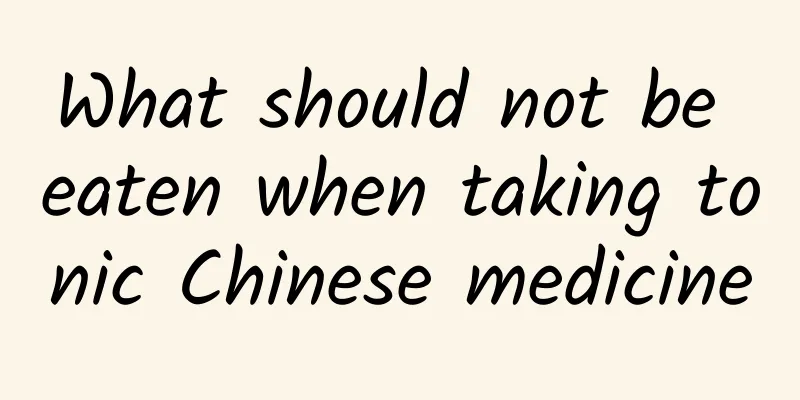
|
The issue of dietary restrictions has always been a concern for everyone, especially when taking medicine. Diet restrictions are most obvious. Generally speaking, if you do not follow dietary restrictions when taking medicine, it will lead to the failure of the medicine's effectiveness, and may even lead to some counterproductive problems. Therefore, you must follow dietary restrictions when taking medicine. In addition, everyone needs to know what not to eat when taking Chinese tonic medicine, because Chinese medicine and many foods will conflict. Time to take Chinese medicine and dietary taboos If we want Chinese medicine to work as quickly as possible and cure the disease as soon as possible, we should pay more attention to many details when taking the medicine, such as the time to take the medicine, the diet after taking the medicine, etc., which will affect the efficacy of the medicine. So when is the best time to take the medicine? What dietary taboos should we pay attention to? Let's find out in detail. When is the best time to take Chinese medicine? When taking Chinese medicine, choosing the correct time to take it will achieve the best therapeutic effect, especially for Chinese medicine. The time to take Chinese medicine should be determined according to the condition and the nature of the medicine. Most medicines should be taken half an hour to an hour after a meal. When Chinese medicine practitioners use Chinese medicine in combination, they pay attention to the "four properties and five flavors", and formulate prescriptions based on the cold, hot, warm, and cool properties of the medicine, and the five flavors of pungent, sweet, sour, bitter, and salty. When taking medicine on an empty stomach, cold medicines or medicines with strong flavors may cause certain damage to the gastric mucosa. Different types of Chinese medicine require different times of taking. For liver, kidney, and intestinal diseases, medication should be taken before meals; for dizziness and throat diseases, medication should be taken after meals; laxatives, tonics, and anthelmintics should be taken on an empty stomach; sedatives should be taken before bedtime. These are general requirements for the time of taking medication based on different conditions and the characteristics of the drug's effects. When taking medication, the doctor will adjust the medication according to the patient's physical changes. The prescription will not be limited to a certain type of medicine. In addition, long-term medication will inevitably cause damage to the gastric mucosa. Therefore, it is recommended that people who drink Chinese herbal decoctions for a long time take the medicine within 30 to 60 minutes after a meal to reduce the direct stimulation of the drug on the gastric mucosa. What are the taboos of taking Chinese medicine? 1. It is advisable to eat less beans, meat, raw and cold foods and other foods that are difficult to digest, so as not to increase the gastrointestinal burden of the patient and affect disease recovery. Patients with weak spleen and stomach should eat less of this kind of food. Patients with febrile diseases should abstain from or eat less alcohol, spicy food, fish, meat, etc., because alcohol and spicy food are hot in nature, and fish and meat have greasy, heat-generating and phlegm-producing effects, which will encourage pathogenic factors after eating and aggravate the condition; when taking antipyretic and rash-relieving drugs, they should eat less raw, cold and sour food, because cold and sour foods have a astringent effect, which will affect the antipyretic and rash-relieving efficacy of the drugs; when taking warming tonic drugs, they should drink less tea, because tea is cool in nature and can reduce the effectiveness of warming the spleen and stomach; before and after taking sedatives and hypnotic drugs, it is not advisable to drink tea, and these drugs should not be taken with tea. 2. When taking medicines that clear heat and cool blood or nourish yin, you should avoid eating spicy food. For patients diagnosed with heat syndrome by traditional Chinese medicine (such as constipation, oliguria, dry mouth, dry lips, red and sore throat, dry and red tongue, and peeling tongue coating), eating spicy food will aggravate the heat symptoms, thereby offsetting the effects of heat-clearing and blood-cooling medicines (such as gypsum, honeysuckle, forsythia, gardenia, raw rehmannia, moutan bark, etc.) and yin-nourishing medicines (such as dendrobium, adenophora, ophiopogon, anemarrhena, and scrophularia, etc.). 3. When taking licorice, Xanthium sibiricum, black plum, Platycodon grandiflorum, Coptis chinensis, and Evodia rutaecarpa, avoid eating pork; when taking Rehmannia root and Polygonum multiflorum, avoid eating onions, garlic, and radish; when taking Salvia miltiorrhiza and Poria cocos, avoid eating vinegar; when taking Atractylodes macrocephala and Atractylodes macrocephala, avoid eating peaches and plums; when taking Smilax glabra and Quisqualis fructus, avoid drinking tea; when taking Schizonepeta tenuifolia, avoid eating seafood such as shrimps and crabs; when taking Magnolia officinalis, avoid eating fried beans; when taking ginseng and Codonopsis pilosula, avoid eating radish, because radish has the effects of digesting food, resolving phlegm, and ventilating, while ginseng and Codonopsis pilosula are tonic medicines, so the effects of one tonic and one eliminating will be offset. |
<<: A protruding piece on the top of the head
>>: What are the nature, flavor and meridians of Saposhnikovia divaricata?
Recommend
The efficacy and role of Sichuan pepper
Shu pepper is a Chinese herbal medicine also know...
Colorful carrots, spiky cucumbers, white-fleshed watermelons...these crops have paid a lot to become delicious!
long long ago Carrots come in many colors Cucumbe...
What are the effects of reed root, licorice and mint?
After understanding the side effects of drugs, we...
What a "penalty"! The anchor was suspected of picking a national second protected plant, and the police intervened
"The Qinghai-Tibet snow lotus is picked in i...
The efficacy and function of cobra
Cobra is a very good medicinal ingredient. It is ...
Are movies adapted from novels necessarily inferior to the originals? Here are some counter-examples!
In 1999, young Neo in "The Matrix" face...
The efficacy and function of plumeria
As for frangipani, I think some people may have h...
Popular Science | Learn about the important vitamin for the human body - Vitamin K
Vitamins are an essential topic when it comes to ...
The effect of drinking water with Polygala
There are many Chinese medicinal herbs in traditi...
Effects of Angelica
Many people’s knowledge of Angelica dahurica bega...
The function and effect of cutting board
Chopping board is a common Chinese medicinal mate...
Walking like a penguin? Be careful of these 5 walking postures, there may be something wrong with your body!
Everyone's walking posture is different. Some...
Effects and functions of Oxytropis chinensis
There are so many medicinal herbs in the world, a...
The Wentian experimental cabin has been relocated, and here come the hard-core knowledge points!
At 12:44 on September 30, after about an hour of ...


